Opinion
Will Libya Replace Syria In Russia’s Strategic Plans To Hold Its Foothold In The Mediterranean And Africa?
Published
1 year agoon

So, what’s next for Russia? Libya. The Natural Alternative?
The future of Russia’s involvement in Syria is up for debate, with many analysts suggesting that losing Syria won’t be a significant blow for Russia in terms of material gains. However, at the same time, the Kremlin has spent the last decade building a strong strategic presence in the Mediterranean and Africa, and it’s unlikely to let that slip away easily
Over the course of Syria’s brutal civil war, Russia played a critical role in supporting President Bashar al-Assad’s regime. Through military and diplomatic efforts, Russia helped secure Assad’s grip on power. In doing so, Moscow established a crucial airbase at Khmeimim and upgraded its Soviet-era naval base at Tartous, which is Russia’s only warm-water port.
These bases, along with the broader influence Russia cultivated in Syria, were key to projecting its power across the Mediterranean and into Africa.
But with Syria now under the control of the Hayat Tahrir al-Sham (HTS) administration, the future of these military outposts is uncertain.
Reports suggest that Russia has already begun pulling back some of its forces, raising questions about the fate of these vital bases. Losing these strategic footholds would significantly hinder Russia’s ability to influence the region and maintain its reach into Africa.
So, what’s next for Russia?
Libya. The Natural Alternative?
If Russia were to withdraw from Syria, analysts agree that Libya could serve as a practical alternative for maintaining its influence in the Mediterranean and Africa.
Russia already has a presence in Libya, which could be ramped up if Syria’s bases become untenable. The prospect of increasing Russian military presence in Libya, however, brings new challenges, especially considering the already volatile situation in the country.
Moreover, the implications of an enhanced Russian footprint so close to NATO’s border remain unclear, adding more uncertainty to the situation.
Africa. A Long-Term Strategic Goal
Russia’s push to expand its presence in Africa, particularly through its involvement in Syria and Libya, has been a key strategic goal for the Kremlin since at least 2017.
Oleg Ignatov, a senior analyst at the International Crisis Group, pointed out that Russia sees Africa as one of the main arenas of competition between the world’s great powers. “Russia has fought for its position in Africa and is not ready to give up on it,” Ignatov said.
Russia’s Africa Corps, formerly known as the Wagner Group, has played a crucial role in supporting governments across Africa, particularly in countries like Mali, Burkina Faso, and Niger, where military coups have led to a severing of ties with the West.
The Africa Corps has also been instrumental in backing the government of the Central African Republic and supporting Sudan’s military after Russia shifted its allegiance during the country’s civil war this year.
For the Kremlin, maintaining a strong presence in either Syria or Libya is a top priority, and analysts believe that losing one of these footholds would be a significant blow.
Russia has invested heavily in its military and strategic positions in both countries, aiming to project power across the Mediterranean and into Africa. With Syria’s future uncertain, Libya has emerged as a potential alternative, offering unique advantages that could bolster Russia’s influence in the region.

How Libya Is A Strategic Gem for Russia
Libya presents Russia with a valuable opportunity—one that offers access to both North Africa and the Mediterranean.
This positioning would allow Russia to project power into Europe’s southern flank and extend its reach across the Sahel. Anas El Gomati of the Tripoli-based Sadeq Institute emphasizes the potential of Libya, stating, “Libya offers Russia something unique.”
However, despite the allure of Libya’s strategic importance, there is little evidence that eastern Libya is preparing for a significant Russian military influx.
Satellite imagery shows no major construction at any of Russia’s airfields in Libya or new developments at the port of Tobruk, another warm-water port that Russia had been eyeing for military use long before Tartous came into question.
Tobruk’s potential, El Gomati notes, should not be underestimated. While it may not be as developed as Tartous, Russia is not looking for what’s already there. Instead, the Kremlin is focused on what it can build. The combination of Tobruk and the nearby Al Khadim airbase near
Benghazi could form a powerful military complex capable of challenging NATO’s southern flank.
Internal Turmoil in Libya. A Complicated Situation
Libya has been embroiled in a power struggle since the 2011 revolution, and its political instability has made it a complex environment for any foreign military presence.
The country is currently divided between two governments: the Government of National Stability (GNS) in the east, led by military commander Khalifa Haftar, and the internationally recognized Government of National Unity (GNU) in the west, headed by Prime Minister Abdul Hamid Dbeibah.
Both factions claim legitimacy, but neither is willing to cede power until national elections can be held—a process that has been repeatedly delayed, with the last attempt failing in December 2021.
A recent standoff between the two governments over the independence of Libya’s central bank was resolved through UN-led negotiations, and there are now plans for national elections. However, the involvement of Russia in Libya could have significant implications for the country’s political future.
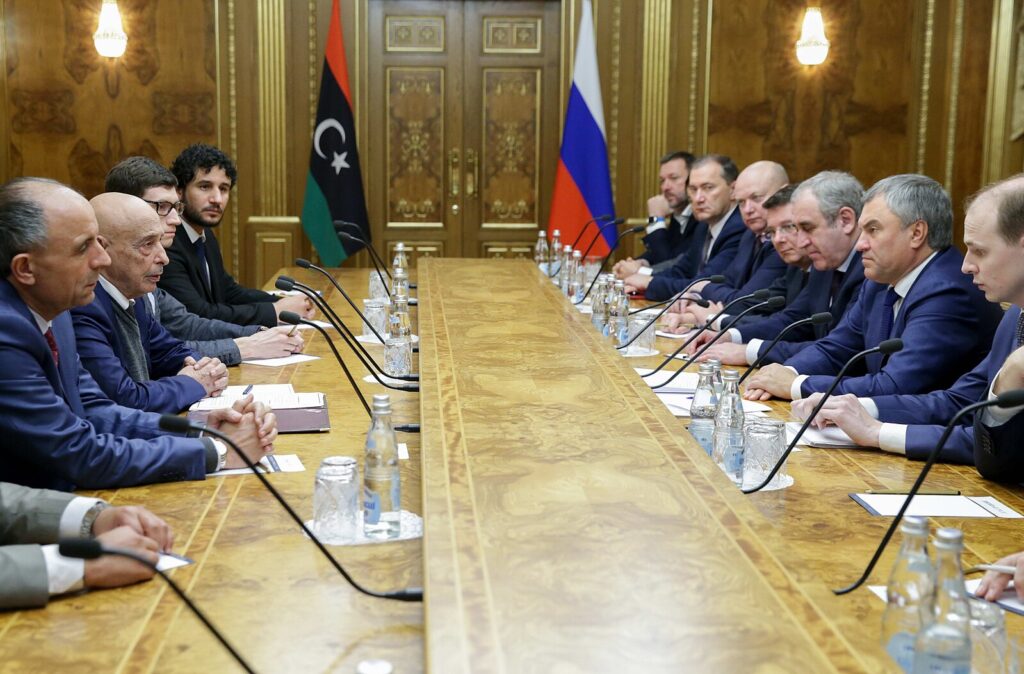
The Role of Russia in Libyan Politics
If Russia were to establish a major military hub in eastern Libya, it could shift the balance of power in favor of Haftar, who is already backed by the Kremlin.
Tarek Megerisi of the European Council on Foreign Relations warns that such a move could allow Haftar to dominate negotiations, with little incentive to compromise. “If Russia decamps entirely to the east, Haftar will be able to do pretty much anything he wants,” Megerisi explains.
This shift would also complicate the UN’s efforts to broker a peaceful resolution in Libya. With Russia’s support, Haftar could effectively dictate terms, including the appointment of a new prime minister—one who would likely fall out of favor with Haftar over time, leading to further instability.
In this scenario, Western powers would likely attempt to appease Haftar in an effort to pull him away from Russia, but as Megerisi points out, this would hardly be a negotiation. The political deadlock would persist, leaving Libya stuck in a cycle of power struggles and uncertainty.
Haftar, Russia, and the West
As Libya remains locked in a power struggle, Khalifa Haftar, the leader of the eastern Government of National Stability (GNS), continues to be the target of Western diplomatic outreach. Despite his growing ties with Russia, the West has been working to “rehabilitate” his image, hoping to secure his cooperation in addressing various regional challenges.
But this delicate balancing act comes with significant risks, especially as Haftar’s alignment with Russia could create serious geopolitical complications just a few hundred nautical miles from NATO’s shores.
Russia’s Growing Influence in Libya
For Russia, Haftar represents a strategic asset. The presence of Russian military support in Libya has been increasing since 2020, with Moscow backing Haftar’s forces in the ongoing civil war. As a result, Haftar has shifted from being a commander of a national army to leading a faction heavily reliant on Russian backing and influence.
The geopolitical importance of Libya for Russia is clear.
Anas El Gomati, from the Tripoli-based Sadeq Institute, warns that the NATO threat posed by Russia’s presence in Libya is “understated.” It’s not just about military bases; Libya’s location provides Russia with a platform to create pressure points across Europe. These could target Europe’s migration routes, energy supplies, and trade corridors, all of which are crucial to the continent’s stability.
As El Gomati puts it, “Libya’s position makes it a perfect platform for hybrid warfare.”
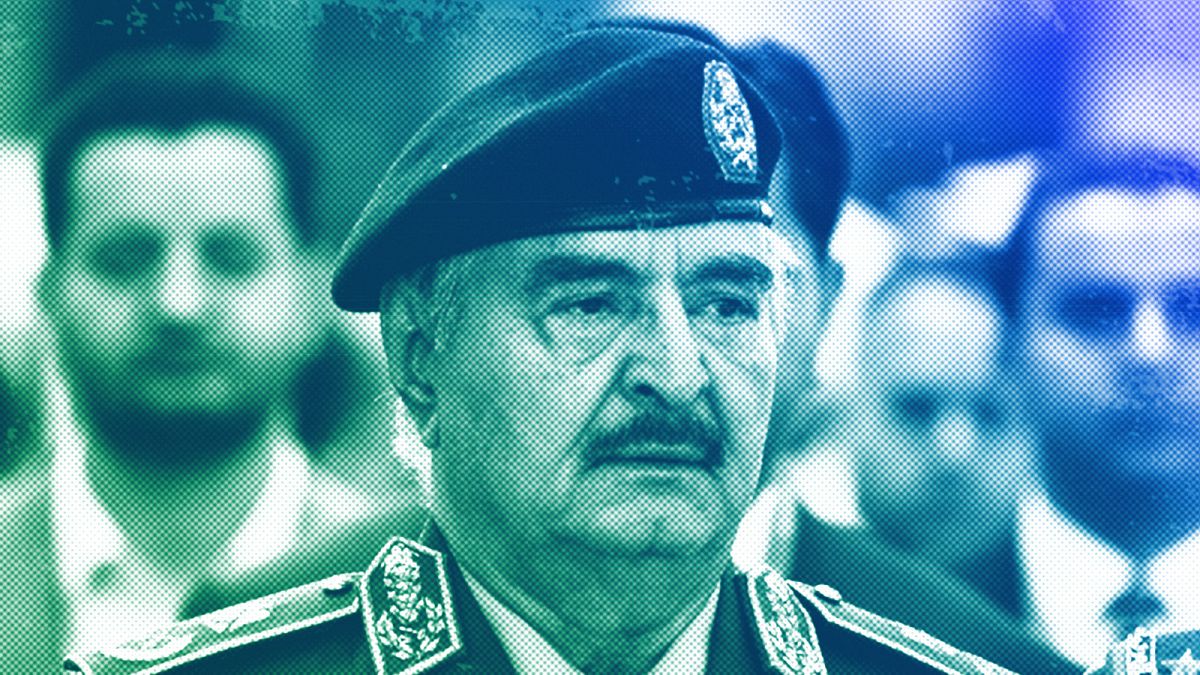
The West’s Dilemma. Engaging Haftar
Despite his deepening relationship with Moscow, Haftar has not been completely isolated from the West.
In recent years, Western officials from the United States, the European Union, the United Kingdom, and Italy have met with him, often with the aim of urging dialogue and seeking his help in addressing key issues, particularly irregular migration. Both Haftar and his Russian allies have been accused of weaponizing migration flows, using them as leverage against Europe.
In August, several high-ranking Western officials visited Haftar, framing their visits as efforts to foster communication and resolve regional tensions. But many analysts see this as an attempt to “rehabilitate” Haftar in the eyes of the West, hoping to make him a more palatable figure in Libya’s political future.
The Paradox Of Western Engagement
For analysts like Tarek Megerisi of the European Council on Foreign Relations, the West’s outreach to Haftar makes little sense, given his clear alignment with Russia.
“He’s basically a Russian proxy. He has been since at least 2020,” Megerisi explains. When Russia entered Libya’s civil war on Haftar’s side, it effectively turned him into a figure beholden to Moscow’s interests.
Since that time, Haftar’s forces have become less of a traditional army and more of a private military guard, led by Haftar’s own children and backed by various criminal enterprises that help sustain his rule.
“He’s massively distracted by internal difficulties,” Megerisi notes, pointing out that Haftar’s authority now relies heavily on these shadowy networks. For the Kremlin, this makes him an ideal partner—his internal instability and reliance on non-state actors mean that he is less likely to defy Russian interests.
The Last Bit
The West’s dilemma lies in its recognition that Libya’s political future is inextricably tied to Haftar, yet they are unwilling to fully embrace a leader who is effectively a Russian proxy.
Haftar’s relationship with Russia provides Moscow with leverage over Europe, making Libya a potential hotspot for geopolitical tensions in the coming years.
In the coming years, as Libya continues to struggle with its internal divisions and the West’s engagement with Haftar deepens, the region will likely become an increasingly complex chessboard where the moves of the Kremlin, NATO, and Haftar will have far-reaching consequences for global geopolitics.
You may like
-
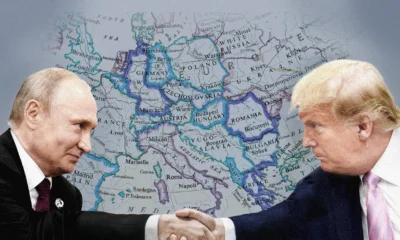

How It’s Not Trump But Vladimir Putin That Europe Is Stinging From: Trump’s U-Turn On Europe, Russia’s Strong Supply Chain—A Formidable Opponent!
-
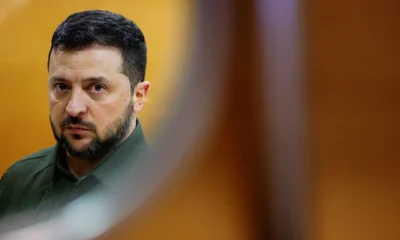

Is Ukraine Now Stuck In The US-Russia Ecosystem? Could Zelensky Have Made A Deal To Stop The War, Is Trump Right?
-


Is AI Rigging German Elections? The Rise Of AfD, And How Young Voters Are Powering AfD’s Surge On Social Media
-
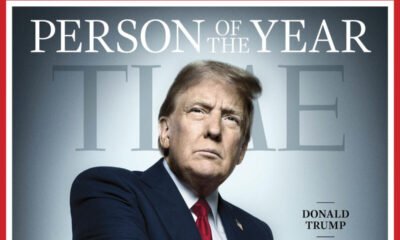

Why Are Japanese Companies Not Happy With Trump? How Trump 2.0 Is Shaking The World Into A ‘Rude’ Awakening?
-


Trump Blames Zelenskyy For Russia-Ukraine War As Peace Talks Sideline Kyiv. EU $6.2 Billion Military Aid Package For Ukraine—What’s The Real Plan?
-


High-Stakes Peace Talks Ahead. Trump Team Leads, Zelenskyy Joins, But Ukraine Faces Tough Concessions—A Betrayal? Even As European Allies Watch In Disbelief
